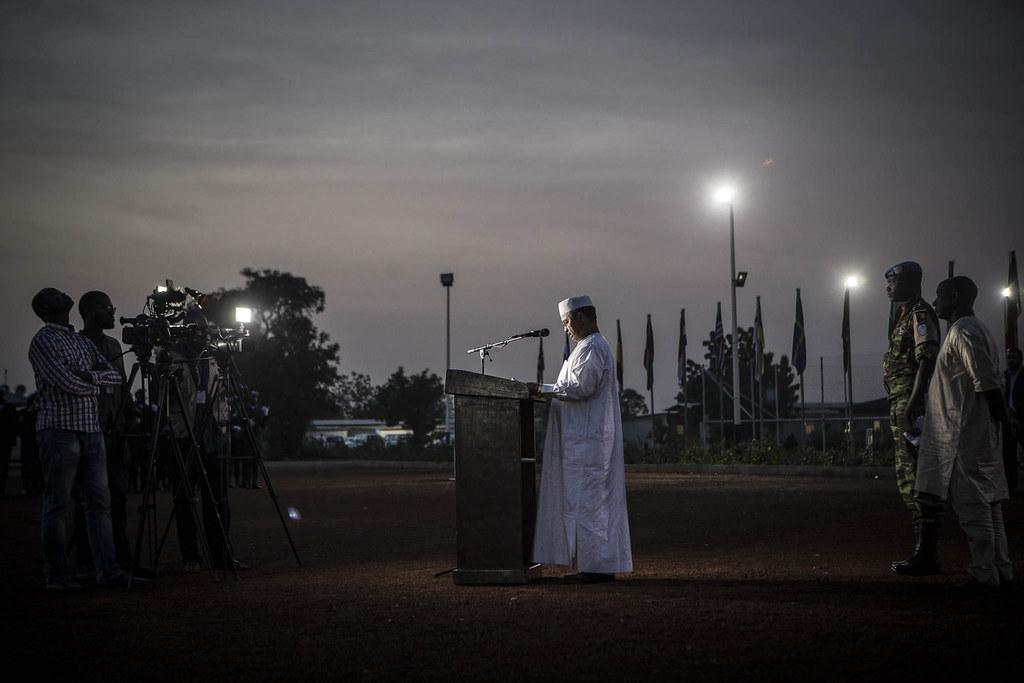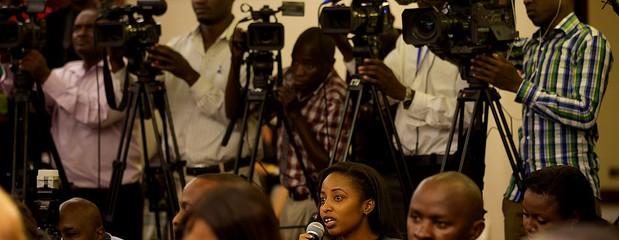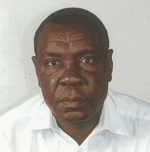France, Russia, and shifting sands in the Sahel

The withdrawal of French troops from Mali comes after nine years of fighting the Islamist insurgency.

Members of the UN Security Council and leadership of UN peacekeeping force MINUSMA in Bamako. Credit: UN Photo/Harandane Dicko.
On 17 February, France and its European allies announced that they would begin withdrawing troops from Mali after nearly nine years of fighting an Islamist insurgency. The move followed a breakdown in relations with Mali’s ruling junta, which took power in the coup in May 2021, and is the culmination of rising anti-French sentiment in the country.
Neighbouring Niger welcomed France’s plan to redeploy troops to its territory, but other countries in the region – such as Burkina Faso and Guinea – are reportedly evaluating their relationship with France now too.
Insecurity in the Sahel
The Islamist insurgency in northern Mali began in 2012. It has since displaced about half a million people and led to hundreds of deaths. France first deployed troops to Mali in 2013 to popular celebration. Its intervention was initially successful in stemming the rebel advance and returning key cities such as Timbuktu to government control.
Over the years, however, armed militants have regrouped and expanded the scope of their operations. Rising attacks in Burkina Faso since around 2015, for instance, have contributed to a humanitarian crisis that has now forced 1.7 million people to leave their homes. According to the Armed Conflict Location & Event Data Project, Burkina Faso is now the epicentre of the conflict, as exemplified by the 5 June 2021 attack in which gunmen killed around 160 people in the northern town of Solhan.
Political instability has both added to this insecurity in the region and resulted from it. Since 2019, there have been four successful coups in the Sahel (Burkina Faso, Chad, Guinea, and Mali) and two failed ones (Guinea Bissau and Niger). Some analysts suggest the perceived success of some coups in the region has contributed to attempts by others. According to Paul Melly at Chatham House’s Africa programme, the rise of coups has “generated a broader sense of destabilisation” and that “soldiers contemplating putsch attempts may increasingly feel empowered to do so”.
The coups have also had some common factors. The overthrow in Burkina Faso this January, for instance, followed rising popular protests over the government’s perceived failure to stop armed attacks. As Mvemba Phezo Dizolele, director of the Africa Programme at the US-based Center for Strategic and International Studies (CSIS), points out, Burkina Faso has seen military takeovers before, but the 2022 coup was notable for “happening at the same time as increased terrorist attacks”.
Mali’s coups have been similarly driven in part by the perception that the government has failed to manage the Islamist insurgency, and many citizens have supported the overthrows in the hope that new governments will do better at tackling insecurity. At the same time, Mali’s coups have led to a deterioration in relations with France. This souring began following the August 2020 coup and worsened after the May 2021 coup, eventually leading France to announce its military withdrawal.
The 2022 Mali Country Report in the Bertelsmann Stiftung’s Transformation Index (BTI) underscores how this political instability has led Mali to regress. Its governance index, which charts elites’ consistency in pursuing democracy based on the rule of law and a market economy, has reduced from 5.19 (out of a possible 10) in 2020 to 4.66 in 2022. And, as the report summarises: “Today’s political and security situation hardly differs from that of 2012, with two-thirds of the country’s territory still outside the state’s control despite the intervention of the international community since 2013.”
Turning to Russia?
The withdrawal of about 2,400 French troops in Mali comes at a time that the Wagner Group, a Russian paramilitary outfit, is making increasing inroads in the country. The private military company, first established in 2014 to support pro-Russian separatists in eastern Ukraine, has been forging closer links with the Malian junta. It also has operations in the likes of the Central African Republic, Chad and Mozambique.
Despite both Bamako and Moscow’s claims that Russians in Mali are only trainers and not mercenaries, there have been increasing reports of Wagner fighters being seen around the country. Last month, suspected Russian mercenaries working with the Malian army are alleged to have killed about 300 people in five days in the northern Mopti region.
For many African countries, Russia provides an attractive alternative to France and the West. For Mali, it makes its former colonial master’s announced withdrawal more manageable. Russia’s support comes with few conditions and less historical baggage than former colonial powers and the US. This is partly why, in the UN General Assembly vote to condemn Russia’s actions in Ukraine, 17 African countries – about a third – abstained.
According to the Council on Foreign Relations, by opting to relatively neutral on the Russian invasion, African leaders are “weighing their philosophical commitment to sovereignty and territorial integrity against concrete material and military support from a leader whose intentions they suspect, but whose support with no strings attached has come in handy.”





